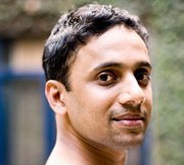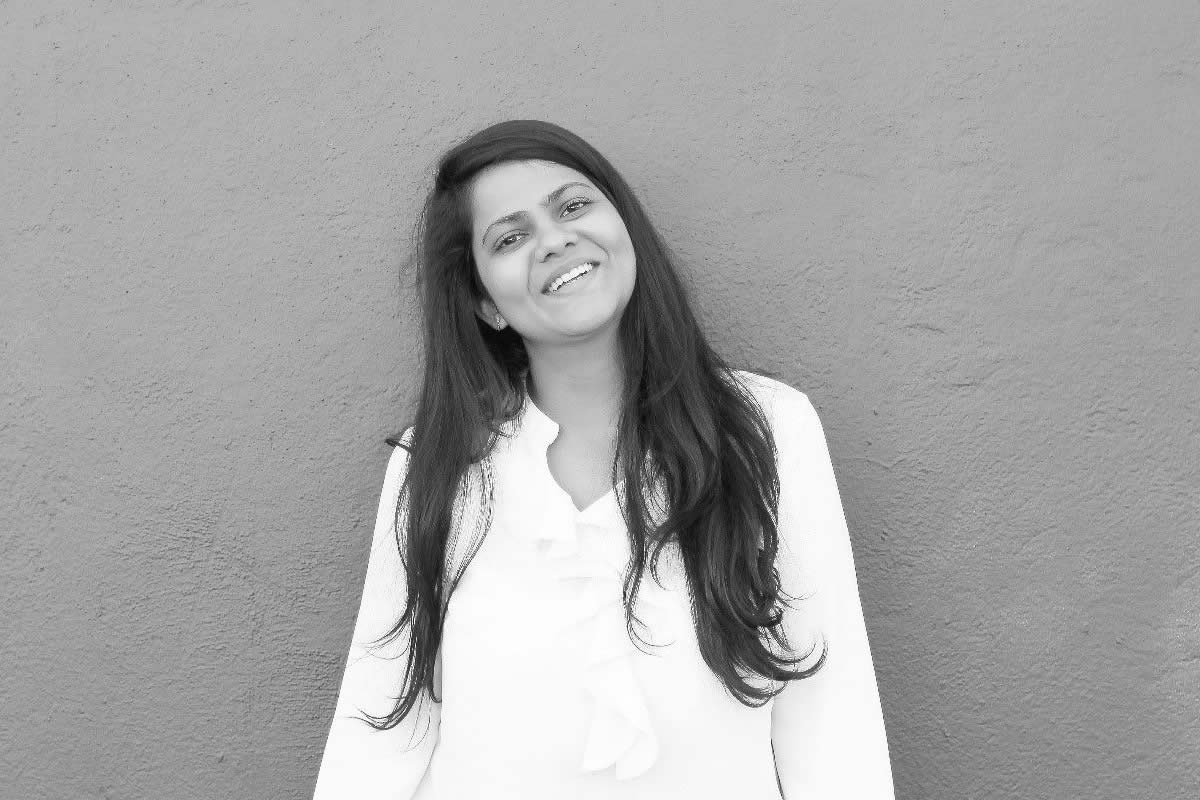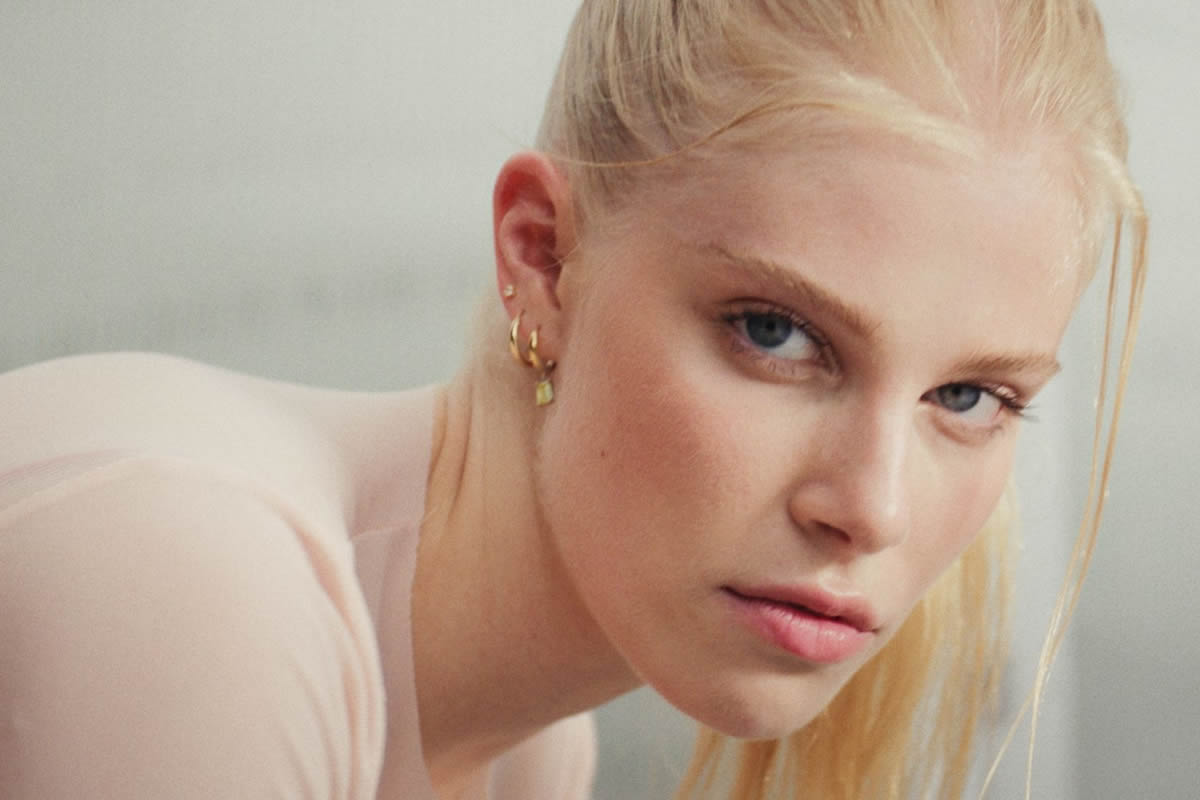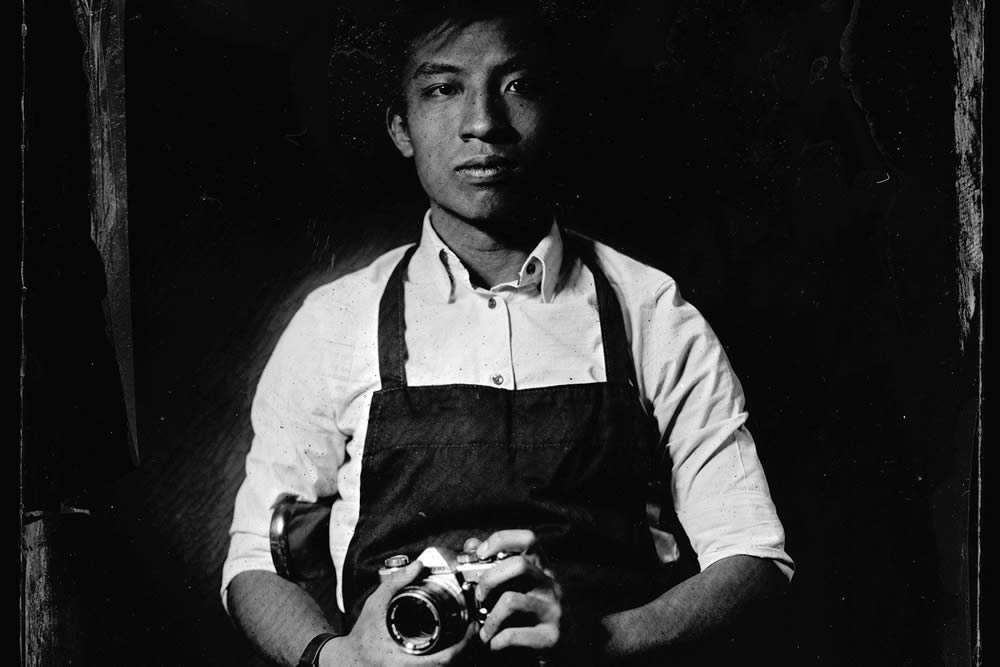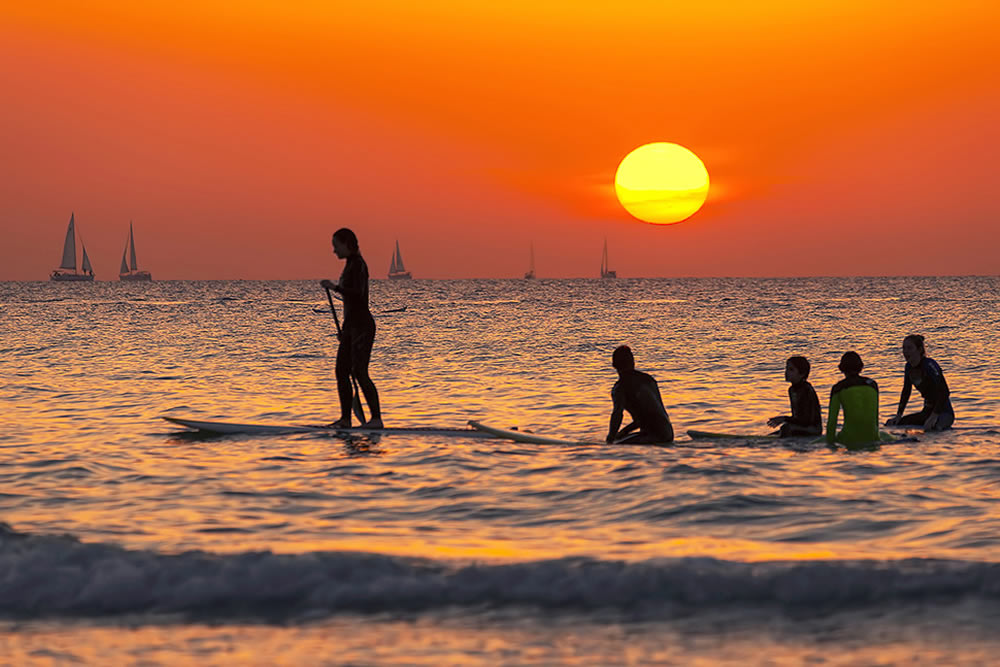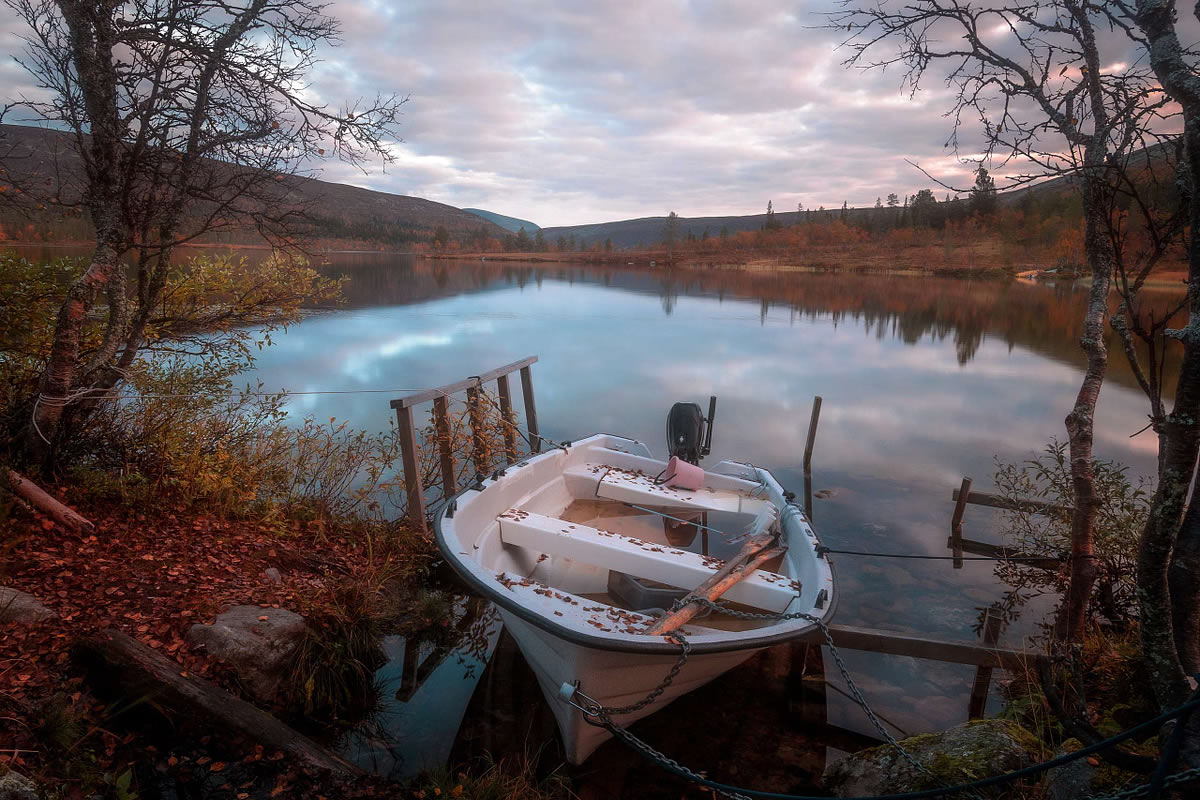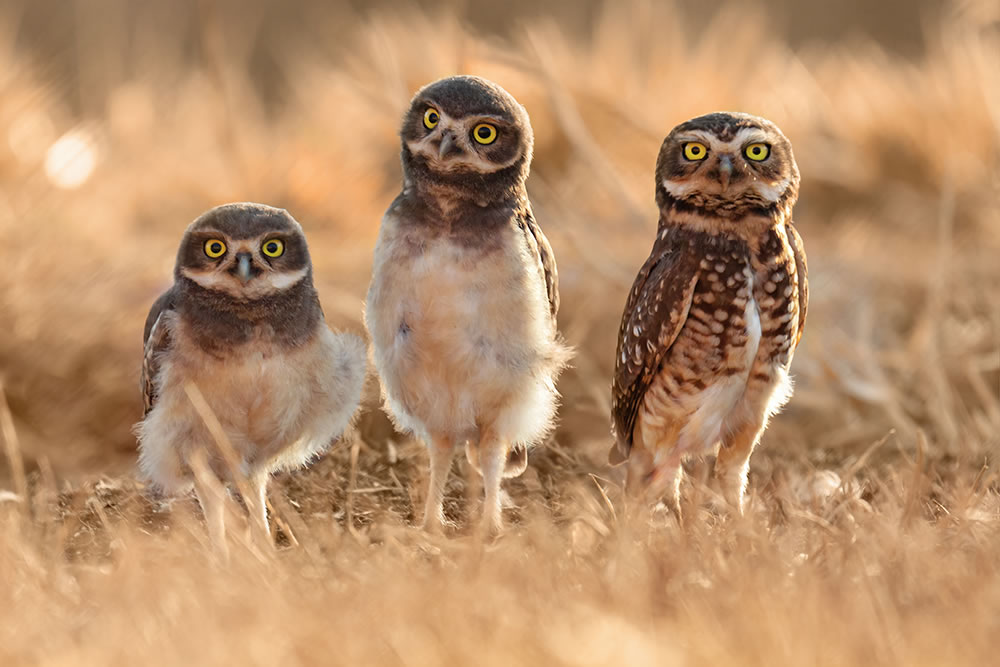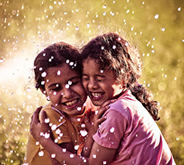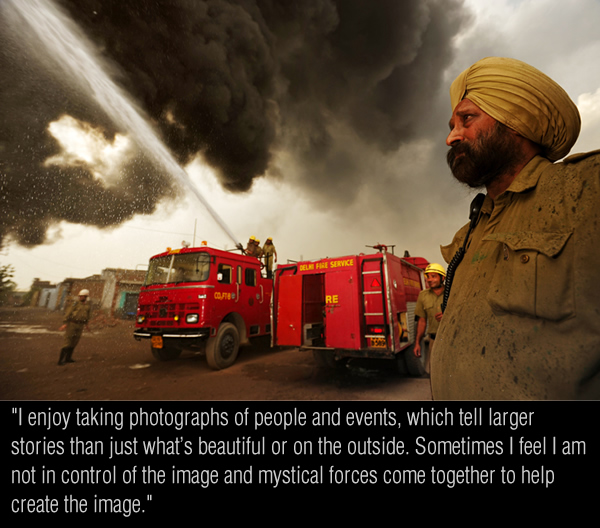
Few words about yourself and your career as a documentary photographer?
I am not too sure what I am. I make films, take photographs and write and I think all these “careers” if you will are part of something, which has found me, rather than the other way around.
I have been involved in the making of documentary films for various clients around the world, for the last 10 years for clients like national geographic television and discovery channel. I have traveled to more than 20 countries and been a part of the making of more than 60 documentary films to date on subjects ranging from Japanese yakuza tattoo to Papua new Guinean initiation rites. During these trips I found myself taking photographs, often much to the annoyance of the cameraman. I found my photography almost compulsive and at the end of a shoot I felt my photographs often told a better story, than a slickly edited, sometimes-sensational documentary. With my photographs, I felt that I was holding onto something true.
Photography for me is a tool to express certain intangibles I hope I can share. I try to tell with my photographs, sometimes stories which we cannot have words for. I also trust that I am in the right place, that I have some purpose in being in these places though at times I am sometimes conflicted about these things.
There seems to be very little money in India for good storytelling. Most publications pay nothing or close to nothing and the quality of the work often shows. I would be ecstatic if someone from within India paid well to send me to take photographs but that does not happen often. It would be nice if more publications in India developed aesthetics and standards of their own and actually paid editorial photographers decently.

How do you prepare yourself before any photo assignment?
I clean my cameras, charge the batteries and research the story to be covered as much as possible. I try to get in touch with people involved with the story and educate myself about the story I am to cover.
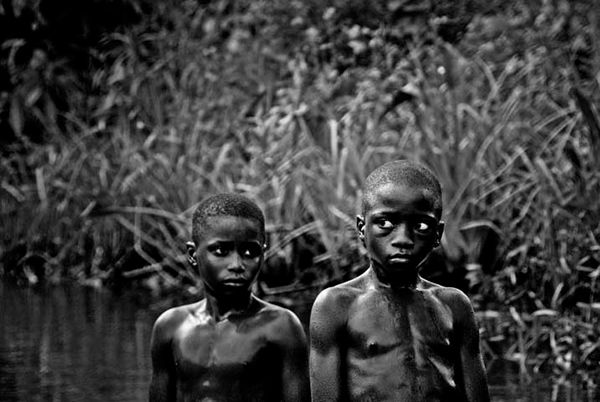
What is the constant driving force behind your love for photography?
I am not too sure. My photography is as much about my own perceptions and their evolution regarding these experiences as it is about the subjects I photographed. I think working anywhere presents challenges and more than ostensible dangers one has to be aware of ones own way of looking, independent of what happens outside oneself. This awareness of what has to be done constantly is one of the driving forces if you will.
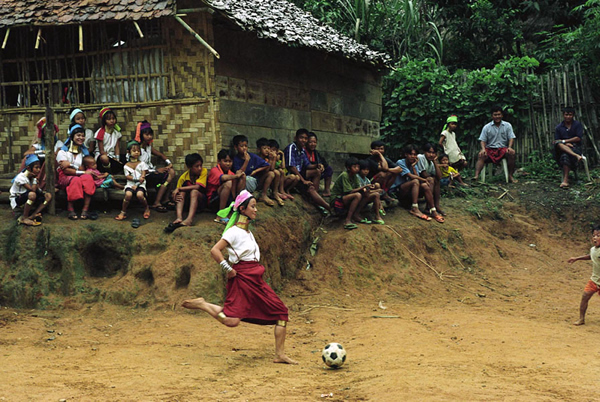
Which is your close to heart story and why is it so special?
I enjoy taking photographs of people and events, which tell larger stories than just what’s beautiful or on the outside. Sometimes I feel I am not in control of the image and mystical forces come together to help create the image. I often feel that I have been chosen to be a part of an experience, though I don’t really know.
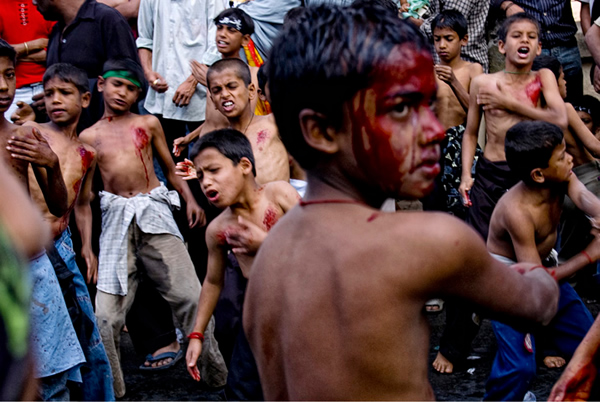
How powerful is photojournalism in this modern world?
I will tell you a story about the power of storytelling a experienced in my own life.
A few years ago I was a cameraman on a film about the Delhi fire service. The film was made for nat geo and whenever it was shown on tv in Delhi people would call in to congratulate the DFS for its heroic work. A year or so later I was commissioned by a European agency to shoot a still photo series on the Delhi fire service. There was a large slum fire and we arrived late at a the slum due to bad traffic. When we reached the site of the fire people we so upset at the late arrival of the firemen and attacked the fire trucks with stones. The barrage was so intense we had to flee the trucks. A local man climbed on top of the fire truck and urged the crowd to stop attacking the fire men. I am not too sure what he said but after awhile more people joined him and soon several young men exhorted the crowd to stop attacking the firemen. The same rioters who were throwing stones at the trucks stopped doing so and began to help the firemen. Later after the firemen had put out the fire I randomly met the man who had climbed atop the fire truck. I thanked him and asked him what had prompted him to put himself between several score rioters and the fire truck. He told me that he had seen a film on nationally geographic, the same film I had part shot, and that he could empathize with the difficult job the firemen had. Thus he had decided to stop the rioters.
In a strange way, the power of storytelling had come full circle and has possibly saved me and other people from violence.
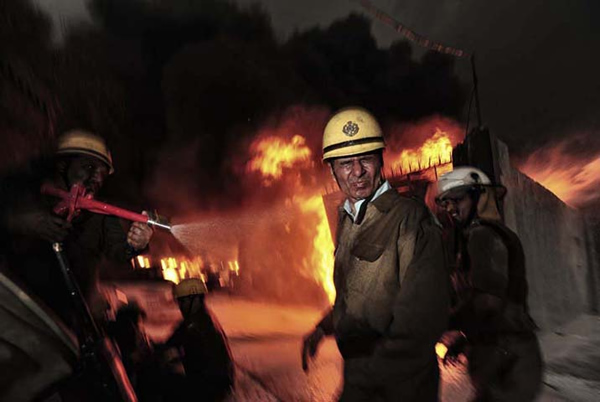
From looking at your portfolio, it is much evident that you are quite a traveler, how important is traveling for any photographer?
Shooting anywhere is the same if one knows what one wants to say and the process for saying it. Conditions vary but humanity remains the same, more or less. Story is most important, not location.
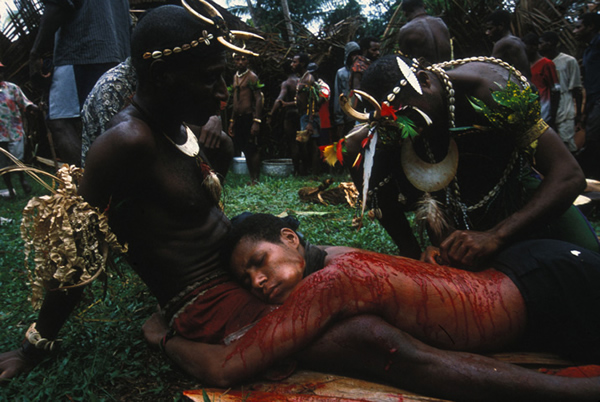
One unforgettable incident with a photograph?
In Liberia, I saw a woman whose brother had been murdered ostensibly forgive a man (the general) who had killed him and photographed the moment. I recall feeling and thinking that I had witnessed something immense and larger than the context, both cultural and historical, that we found ourselves within at that time and I was moved by it. It seemed strange to me, that in my experiences, that people who have suffered terribly find it easier to forgive, find personal healing in that act, and be more open to peaceful resolutions than those have ostensibly not suffered. Then again it could be just a terrible fatigue.
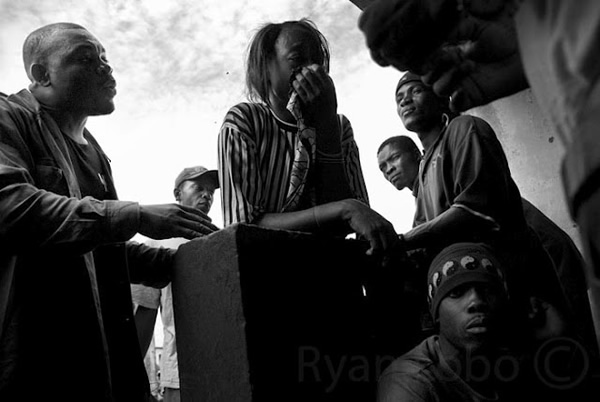
For Ryan what does it take to make a good story telling picture?
Self awareness, introspection and integrity are very important I believe. One should look after the vessel through which one hopes creativity and inspiration will flow through. Nowadays owning a camera is like owning a pen. Everyone has one. However everyone might own one but very few people can write meaningfully or create something enduring and of value to the world.
Photography has become like language. You have vernacular, slang and educated forms. All can be honest.. or dishonest. How do we transcend the needs of the present in order to create meaningful work? By needs of the present I mean the demands of clients, the aesthetics of the moment, our own egos and the good or bad opinions of world. It’s not about having the best equipment that makes good work but equipping oneself internally, morally and aesthetically, which makes a difference.
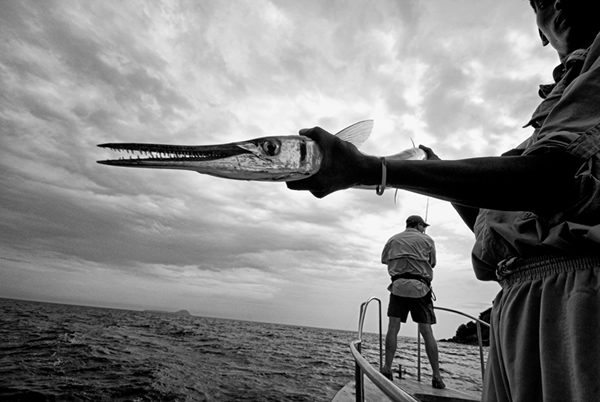
What / Who inspires you and why?
My father inspires me. He has nothing to do with the creative arts and is an agricultural businessman. What inspires me is that he works independent of the good or bad ideas anyone might have about his work or him, he works from an inspired place and his faith in what is larger is immense.
Nowadays we often hear the following, Follow your passion, march to the beat of your own drum, realize your dreams and find yourself. These quotes lie on almost every note. The self is not the center of life and happiness is not an objective in its own self but a byproduct of how people engage the tasks of life. It cannot be pursued directly. The purpose is not to find oneself through ones work, but to lose oneself in it, eyes wide open.
It’s an ongoing process and doubt, suffering, study and drudgery are all a part o that journey. When we read a biography what we admire the most is not what people did to court happiness. Its what they did to court hardship in their pursuit of excellence that we admire. Its excellence independent of anyone’s opinion , not happiness, that we admire the most.
I find that surrendering to what is larger, which entails being honest and true to oneself despite the good or bad opinions of the world, can bring great power to ones work, power enough to give it a life of its own and my father stands for these ideals.
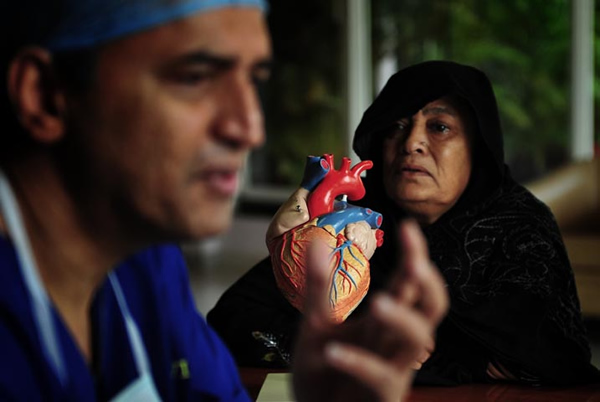
The best achievement / compliment you have received so far?
I receive many emails from people who say they have been touched by my work. Finding this empathy in people makes me feel realized and content that I am on the right path. Sometimes getting a negative comment makes me feel this way too. Sometimes it feels really good to see how you have touched someone’s life positively with your photograph or writing. Once a man wrote me in rage over some photos and writing I had done on a particular community in India. Later he wrote me apologizing saying that my work had made him revisit some traumas he had had with that same community as a child and that though he had been enraged the story had helped him come to terms with hi anger.
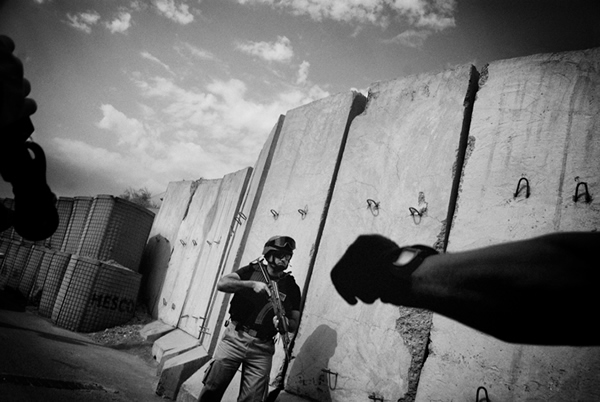
Quick Questions
- What is your idea of happiness?
Happiness is not an objective but a byproduct of how one engages the tasks of ones life. It comes on its own without you trying to get it for yourself. - What is your greatest fear?
Mediocrity. - What do you consider your greatest achievement?
Transcending other peoples treatment of me and not responding in the same vein when treated negatively. - Where would you like to live?
Within the body of yours truly. - What is your most marked characteristic?
Single minded and independent of the good or bad opinions of other people (most of the time) - What do you most appreciate in your friends?
Integrity. - Who are your heroes in real life?
My father. - What is your present state of mind?
Active, focused and living inspired or in spirit, though could be better. - Who are your favorite authors?
Cervantes, Borges, Robert Louis Stevenson, Joseph Campbell, VS Naipaul, Guareschi and Coetzee - What is your favorite motto?
The world is as it is.
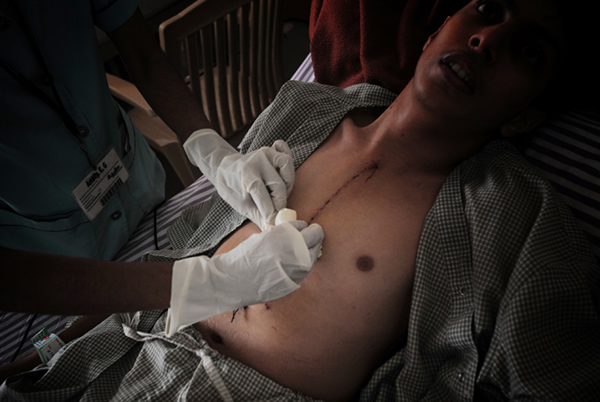
You can find Ryan Lobo on the Web :
Copyrights:
All the pictures in this post are copyrighted to Ryan Lobo. Their reproduction, even in part, is forbidden without the explicit approval of the rightful owners.

